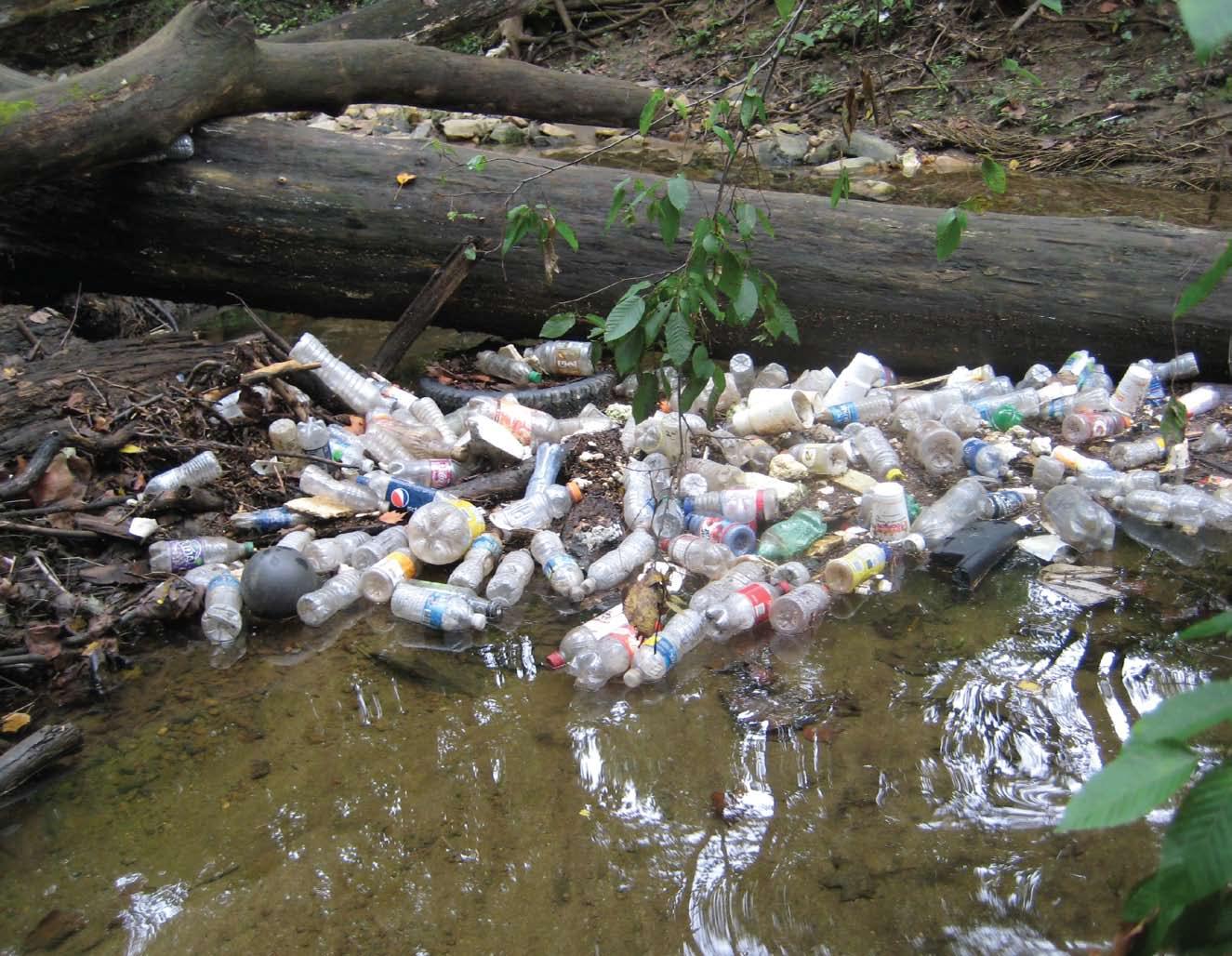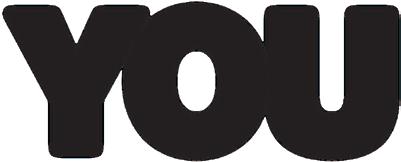
3 minute read
Books: Ottenberg on Jennifer
Coming Clean
Clutter: An Untidy History By Jennifer Howard Belt Publishing, 176 pages
Advertisement
How and why stuff accumulates is the subject of Jennifer Howard’s new book Clutter: An Untidy History. It begins with her cleaning out her mother’s home—an experience many people of a certain age are familiar with. The book then tackles hoarding disorder, the Victorian roots of consumerism, the history of mail-order catalogues leading to today’s Amazon Prime, how controlling clutter has historically been “women’s work,” and the problem of waste and how it damages the environment. Clutter thoroughly unpacks the topic.
“Have nothing in your house that you do not know to be useful or believe to be beautiful,” wrote English novelist and socialist William Morris. Howard quotes him in the context of facing her mother’s house full of mess, writing: “This culture creates a craving for things we don’t really need, often to distract ourselves from what’s really missing—love, connection, meaningful work, a sense of something beyond self, a care for the natural world that goes beyond exploiting it to make more stuff to buy and sell.” Then she sums up consumer capitalism: Our possessions define us; the purpose of life is to accumulate, and those who don’t or can’t are failures.
Howard outlines the implications of wild, runaway consumerism for the environment. When we’re done with our purchases, she observes, all this stuff has to go somewhere, so a globe packed with trash has become a very real possibility. She mentions the Great Pacific Garbage Patch—the floating continent of plastic waste in the Pacific Ocean—and how China has closed its doors to further recycling the staggering tonnage of U.S. plastic waste. The book makes it hard to avoid concluding that this problem urgently demands government action. Plundering the world’s resources, destroying ecosystems, and causing climate change to produce superfluous junk that then winds up fouling the environment as trash: That’s our nightmare system. While Howard argues for individuals curbing consumption and thus reducing their carbon footprint, she indicates systemic solutions are needed.
Clutter recounts the infamous hoarder story of Homer and Langley Collyer, two brothers in Manhattan, whose early 20th-century home literally became a deathtrap. The book also informs us of the reality TV show Hoarders and of various cities’ hoarding task forces, which often work with local fire departments to identify “heavy contents,” meaning blocked exits and impassable rooms. “From a first responder’s point of view, the time to help someone get heavy contents under control is before an emergency strikes,” Howard writes.
Most of us, however, do not suffer from fullblown hoarding syndrome. We just have lots of stuff. “To declutter does not always mean to discard; it can be a way to reclaim an object’s original purpose,” Howard observes. She quotes all the relevant adages: Live simply, that others may simply live; waste not, want not; a place for everything and everything in its place. “Yesterday’s thriftiness has become today’s sustainability,” Howard argues.
This became much clearer with the COVID19 lockdown. People stopped shopping, driving, and flying—indeed, global carbon emissions dropped. Emissions must fall every year, if we want to avoid catastrophic climate change. But there are far fewer statistics on how people not shopping affected the production of consumer goods. It likely declined, with consequent environmental benefits.
The problem is that capitalism is predicated on endless growth, which, as author and environmentalist Edward Abbey said, is also the philosophy of the cancer cell. Buying lots of needless stuff speeds up the cancer. When billions of people do it, the cancer metastasizes. Clutter is a call to rein it all in. It successfully personifies the argument. In one instance, the book quotes cartoonist Roz Chast, cleaning out the parental abode: “I was sick of the ransacking, the picking over and deciding, the dust and the not particularly interesting trips down memory lane.” Buy less, buy only what’s useful, and, Howard urges, spare your offspring the chore of cleaning up after you. —Eve Ottenberg
DOEE.DC.GOV/TRASHFREEDC













